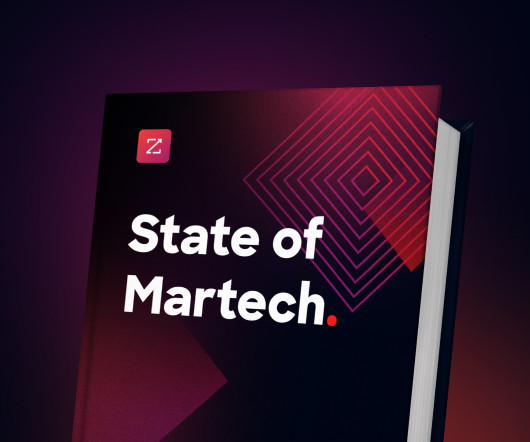Spend 2012 on the Right Side of the Haimish Line
Both Sides of the Table
JANUARY 1, 2012
Occasionally on this blog I break away from industry commentary and write more broadly. The first day of 2012 seems the perfect day to do so. One of the most important articles I read during the entire year was David Brook’s op-ed article on “ The Haimish Line.” In it Brooks talks about his recent trip to Africa with his 12-year-old son.

































Let's personalize your content